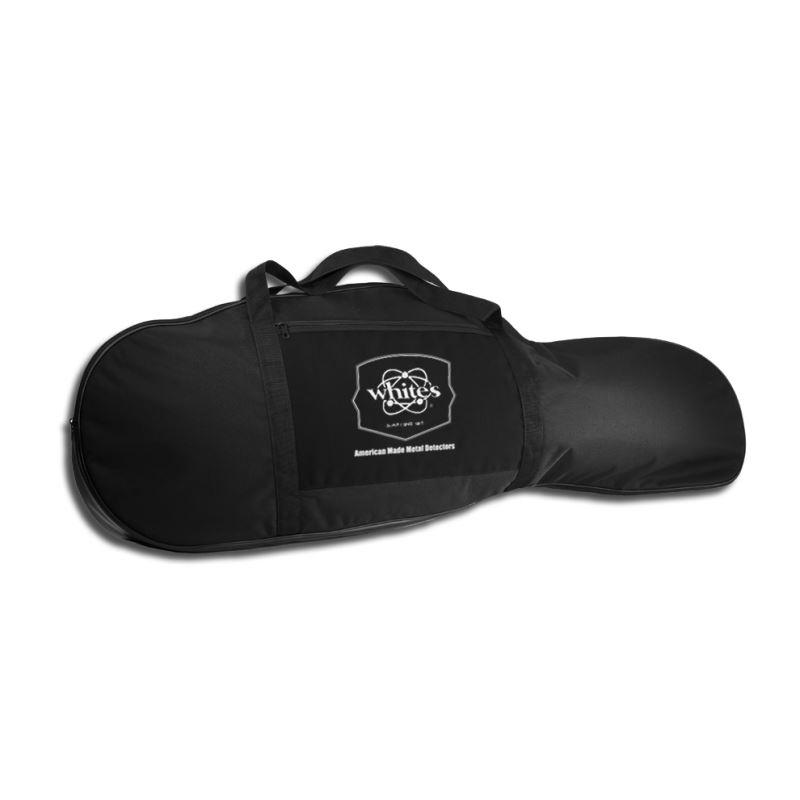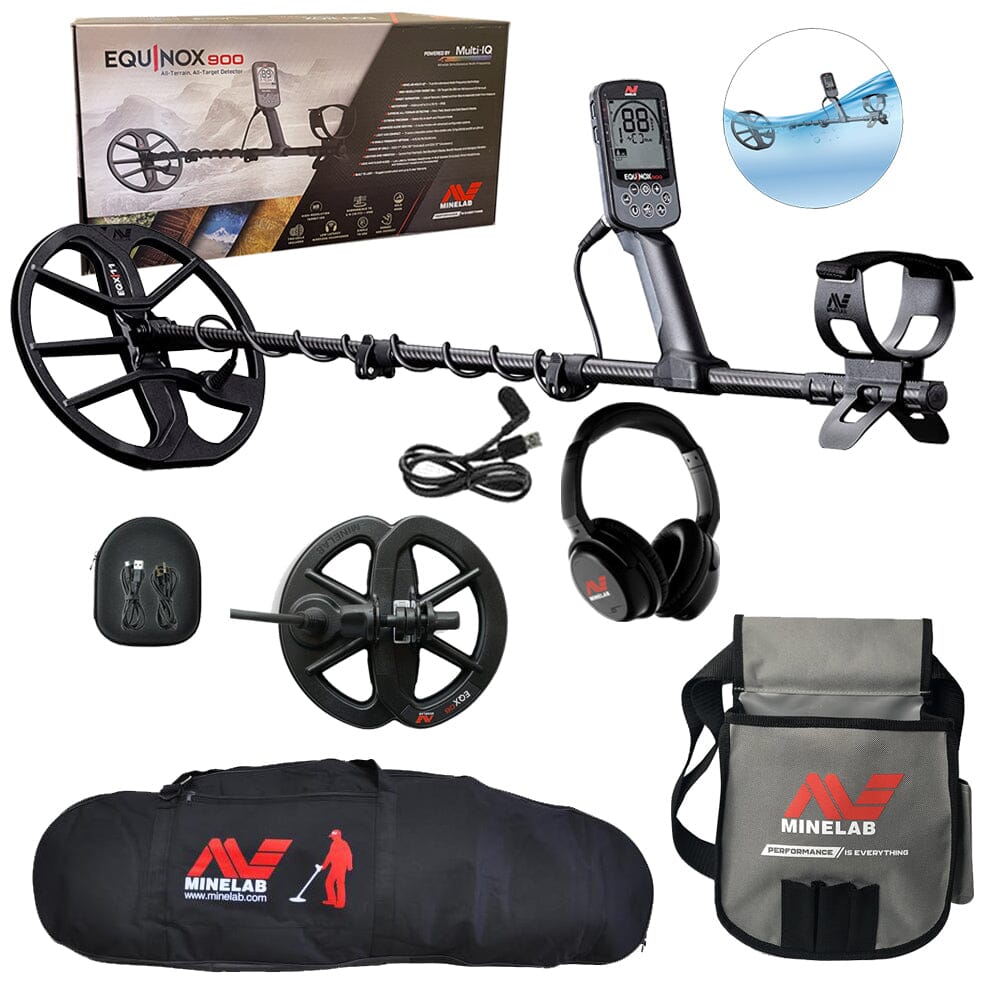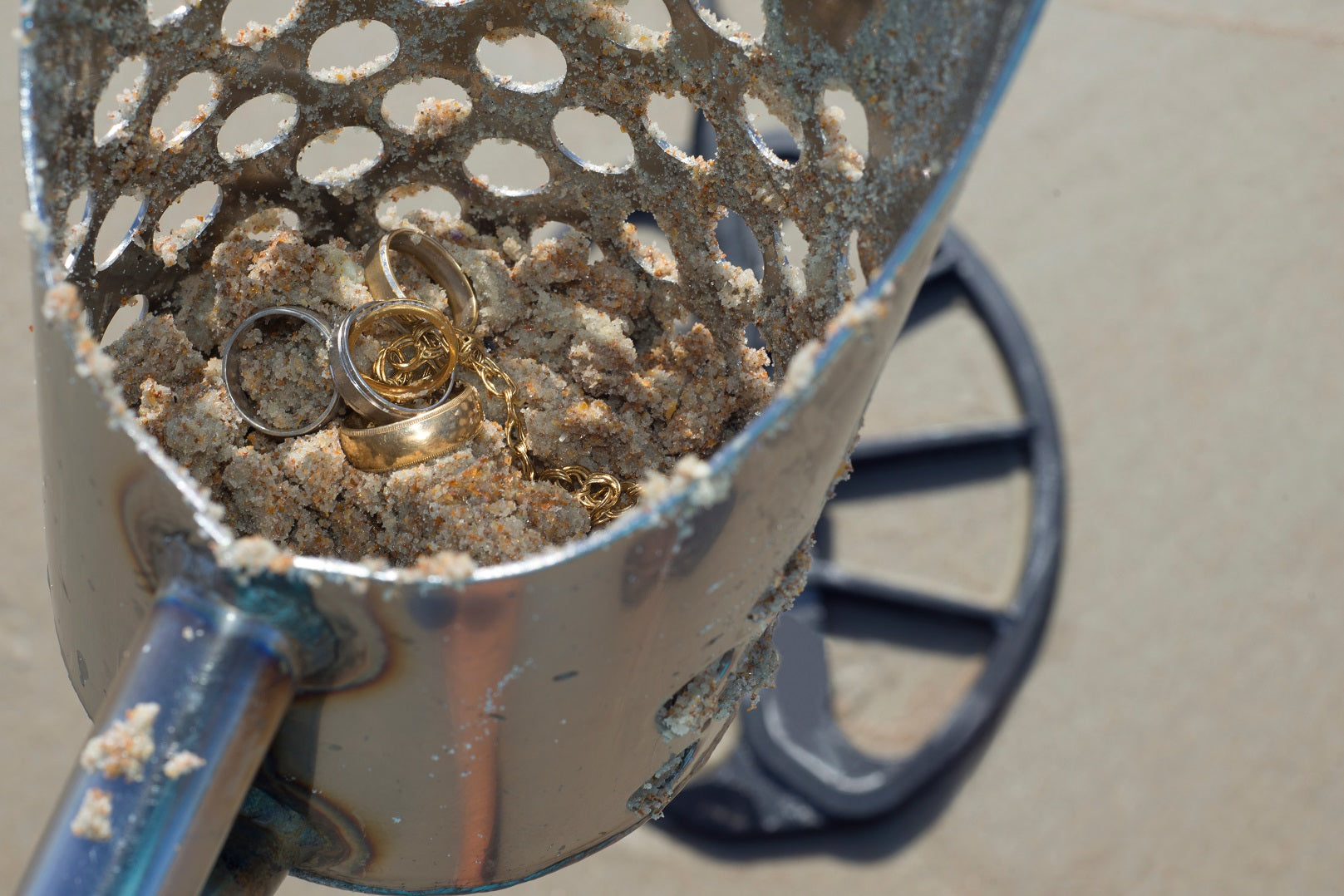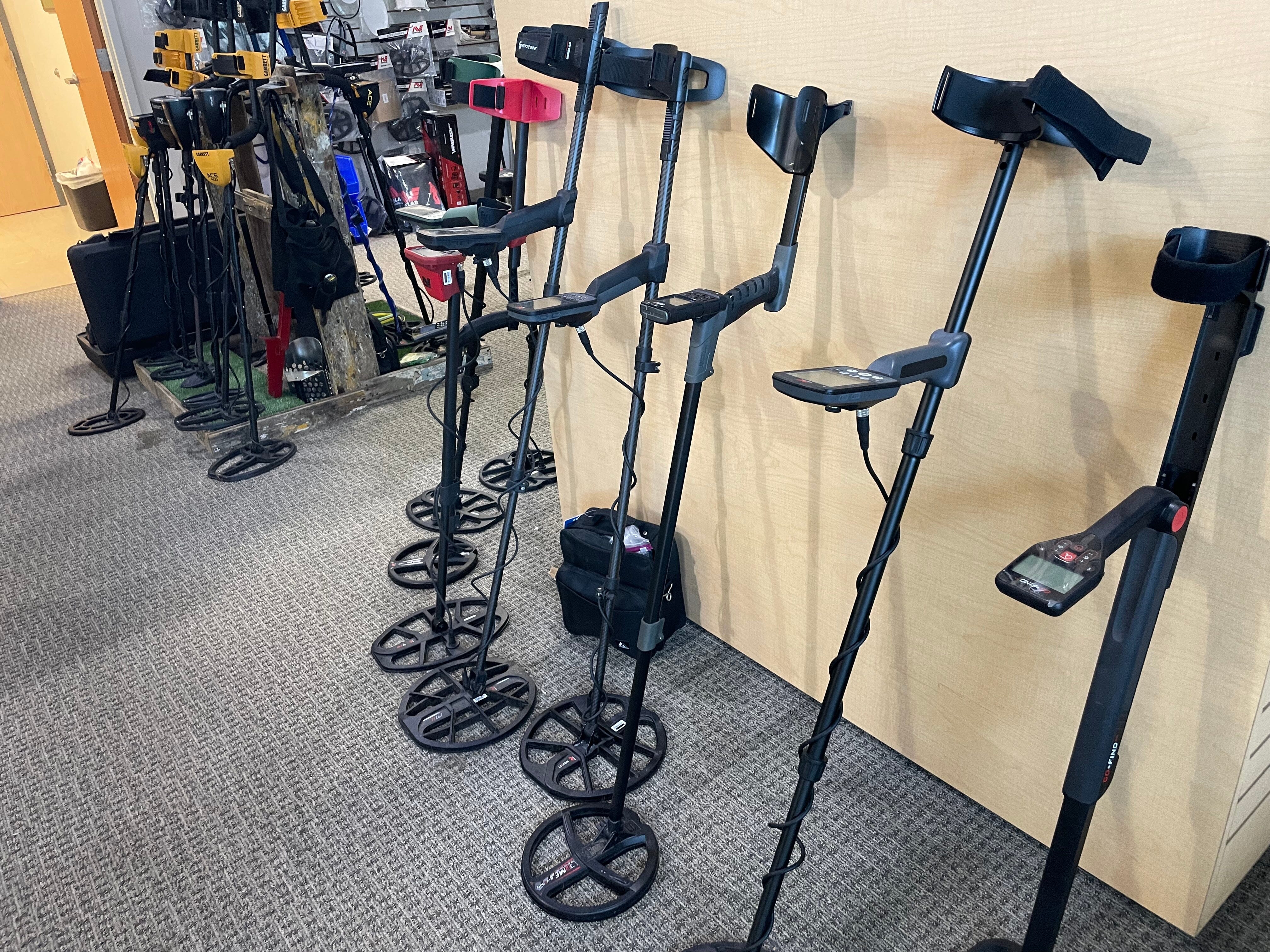Menu
Taxation on Found Treasure - FAQ: How will my discovered treasure be taxed?
As a dealer of treasure hunting equipment and supplies, having an online store and a physical retail location, we get to talk to a lot of people about a wide variety of topics. We get to hear lots of cool stories about people finding treasure, how their equipment worked in helping them, and what it took to do it successfully. We also get a lot of questions. When we get the same question enough times, we realize it may be time to spread some information about the subject to our followers.
One such frequently asked question is what happens when I have a significant find that may in some way trigger Uncle Sam to want his share? Now, lets begin with a disclaimer: I am not an attorney or accountant. Nor do I work for the IRS. You should always consult an expert on such matters.
Okay, now that is out of the way, here is the gist of what I know on the topic. In a book titled The Shallow Water Treasure Hunting – How to Manual by Robert E. Granville he covers the topic rather succinctly.
“If you find five hundred dollars in coin and spend them, you must declare it on your income tax form for that year. If you find a rare coin, you do not declare it until the year you sell it.
This brings up an important point. Finding a valuable item, either jewelry or a coin can cause tax problems if you sell it immediately. The whole about you receive for it will be taxable. If you keep it longer than a year it will be taxed as a long term capital gain and will cost you less in taxes. So, keep your valuables for more than a year and lessen the tax bite.
It is important that you establish the date you took possession of the item. This can be done through a notary public. They will furnish a statement to that effect. No, hold it for a year.
If you donate the item t some organization, you can take the fair market value off your income in the year you gave it.
You can also decrease your taxes by deducting all expenses in your quest for treasure. Wader, batteries, mileage, meals, books, magazines, maps and the like will qualify. A major item, such as a detector, can be depreciated over a period of years. Consult the latest IRS regulations because they frequently change. What is allowed this year may not be allowed next year.
By using the right tax tools, you can also decrease your taxes by deducting all expenses in your quest for treasure. Wader, batteries, mileage, meals, books, magazines, maps and the like will qualify. A major item, such as a detector, can be depreciated over a period of years. Consult the latest IRS regulations because they frequently change. What is allowed this year may not be allowed next year.
When it comes to taxes…BE PREPARED.”
Source: The Shallow Water Treasure Hunting – How to Manual by Robert E. Granville (Granville, Robert E. (1994). The Shallow Water Treasure Hunting Manual. Chiloquin, Oregon: Granville Publications,)
Below are some more interesting articles on treasure taxation. Enjoy!
https://www.foxbusiness.com/features/found-money-is-awesome-but-you-must-pay-uncle-sam
https://turbotax.intuit.com/tax-tips/general/what-to-know-about-taxes-on-found-property/L9BfdKz7N
Stay tuned to our blog for upcoming articles and episodes by following us on your favorite social media outlet to stay informed of releases:
YouTube: HighPlainsProspectors
Facebook: @highplainspropsectors
Instagram: #highplainsprospectors
Twitter: @HProspectors
You Might Be Interested In
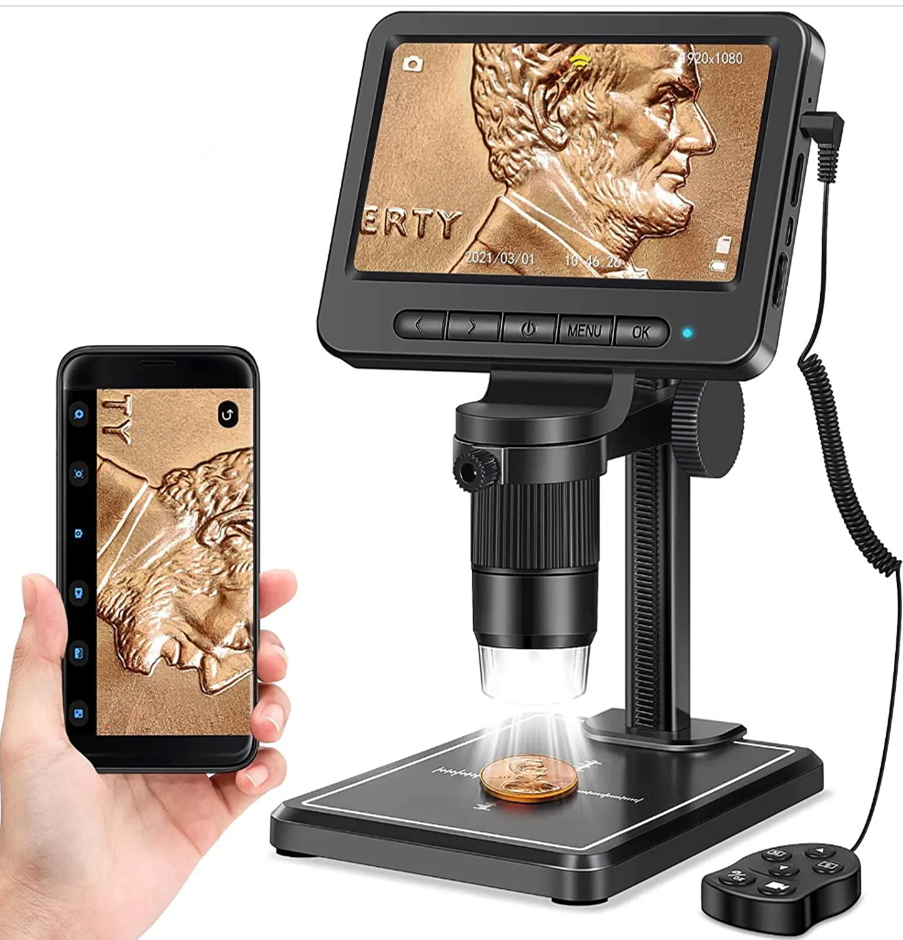
Coin & Relic Cleaning Supplies
Pair text with an image to focus on your chosen product, collection, or blog post. Add details on availability, style, or even provide a review.
- Choosing a selection results in a full page refresh.




